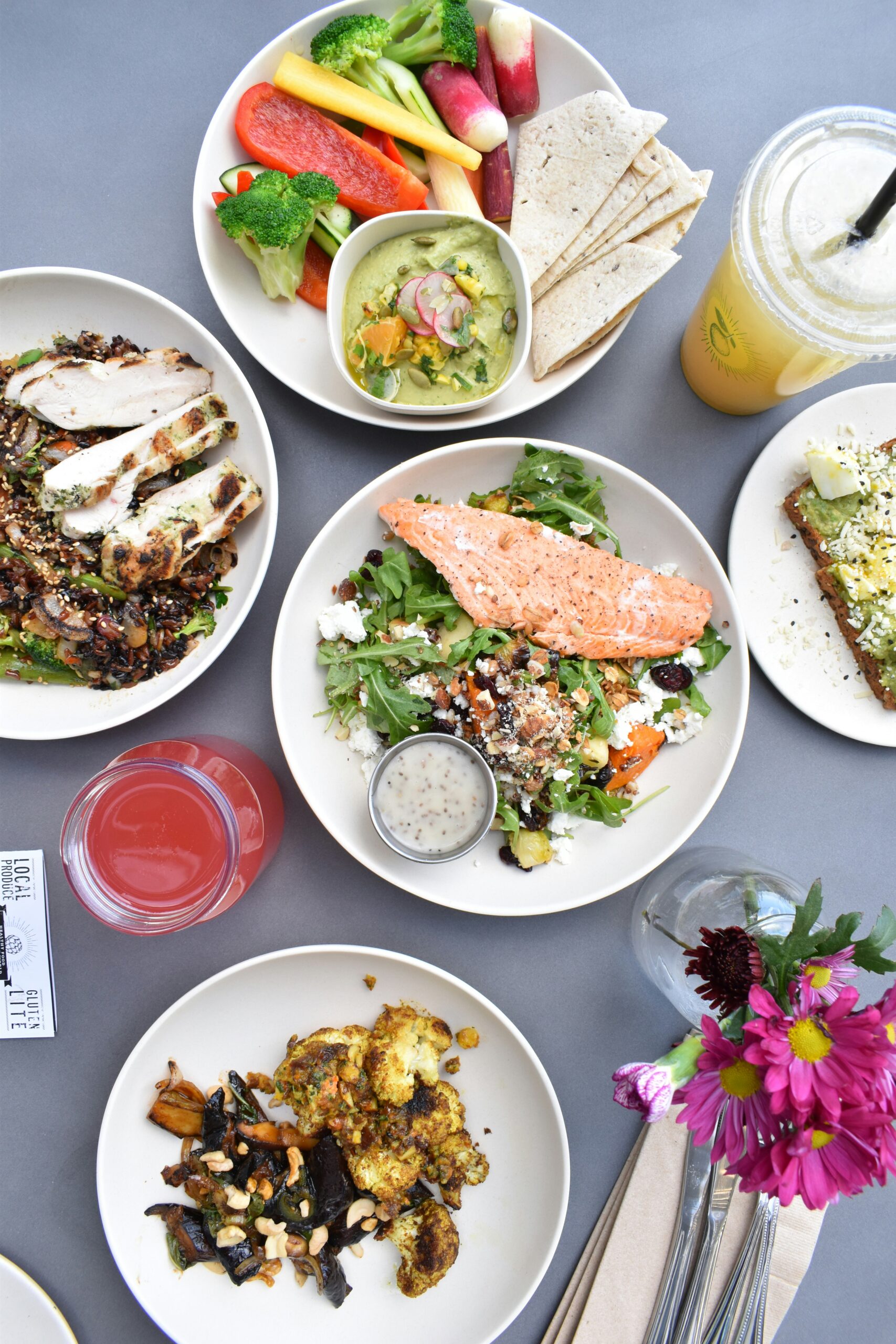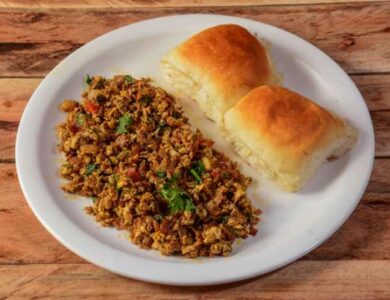Don’t Skip the Protein! A Sample Vegetarian Diet Plan for Optimal Health
The Importance of Protein in a Vegetarian Diet

Protein is an essential nutrient that plays a crucial role in our overall health and well-being. It is responsible for building and repairing tissues, supporting immune function, and aiding in the production of enzymes and hormones. While many people believe that a vegetarian diet may lack sufficient protein, there are numerous plant-based sources that can provide an adequate amount.
Vegetarian Protein Sources
There is a wide variety of vegetarian protein sources available, which can help meet your daily protein requirements. Here are some excellent options:
1. Legumes and Pulses
Legumes such as lentils, chickpeas, black beans, and kidney beans are not only rich in protein but also high in fiber. They can be incorporated into soups, stews, salads, and curries to add a substantial amount of protein to your diet.
2. Quinoa
Quinoa is a complete protein source, meaning it contains all nine essential amino acids. It is also gluten-free and can be used as a base for salads, stir-fries, or as a side dish.
3. Tofu and Tempeh
Tofu and tempeh are excellent sources of protein for vegetarians. They are made from soybeans and can be used in a variety of dishes such as stir-fries, sandwiches, and salads.
4. Greek Yogurt
Greek yogurt is not only high in protein but also rich in probiotics, which are beneficial for gut health. It can be consumed as a snack, added to smoothies, or used as a substitute for sour cream in recipes.
5. Nuts and Seeds
Nuts and seeds like almonds, walnuts, chia seeds, and flaxseeds are not only a good source of protein but also provide healthy fats and essential minerals. They can be eaten as a snack, added to smoothies, or used as toppings for salads and desserts.
Vegetarian Protein-Rich Diet Plan
Here is a sample vegetarian diet plan that includes protein-rich foods:
Breakfast:
- A bowl of Greek yogurt topped with mixed berries and a sprinkle of chia seeds
- Two slices of whole-grain toast with almond butter
Lunch:
- A lentil and vegetable curry served with brown rice
- A side salad with mixed greens, cherry tomatoes, and pumpkin seeds
Snack:
- A handful of almonds and a piece of fruit
Dinner:
- Tofu stir-fry with mixed vegetables and quinoa
- A side of steamed broccoli
Evening Snack:
- A smoothie made with Greek yogurt, spinach, banana, and almond milk
Protein-Rich Indian Recipes
If you enjoy Indian cuisine, here are some protein-rich vegetarian recipes you can try:
1. Chana Masala
A classic Indian dish made with chickpeas, tomatoes, onions, and a blend of spices. Serve it with roti or rice for a nutritious and protein-packed meal.
2. Palak Paneer
This dish combines spinach and cottage cheese (paneer) in a flavorful gravy. It is not only rich in protein but also packed with vitamins and minerals.
3. Rajma Masala
Rajma (kidney beans) cooked in a spicy tomato-based gravy is a popular North Indian dish. It can be enjoyed with rice or roti for a satisfying meal.
4. Moong Dal Khichdi
A comforting one-pot meal made with yellow moong dal (split mung beans) and rice. It is easy to digest and provides a good amount of protein.
5. Vegetable Biryani
A fragrant rice dish loaded with mixed vegetables and aromatic spices. It is a complete meal in itself and can be enjoyed with raita (yogurt dip) or a side salad.
General Tips:
- Incorporate a variety of fresh fruits, vegetables, whole grains, legumes, and healthy fats.
- Aim for at least 3-4 servings of vegetables and 2-3 servings of fruits daily.
- Choose whole grains like brown rice, quinoa, millet, and whole-wheat roti over refined grains.
- Include protein sources like lentils, chickpeas, tofu, paneer, yogurt, nuts, and seeds in each meal.
- Limit processed foods, sugary drinks, and excessive red meat consumption.
- Drink plenty of water throughout the day.
- Consult a registered dietitian or healthcare professional for personalized dietary advice.
Sample Six-Day Indian Diet Plan:
Day 1:
- Breakfast: Poha with mixed vegetables and peanuts, glass of milk
- Lunch: Dal Makhani with brown rice and cucumber raita
- Dinner: Vegetable Biryani with mixed salad
- Snacks: Roasted makhana (lotus seeds), handful of mixed nuts and fruits
Day 2:
- Breakfast: Besan Chilla with chopped vegetables and chutney, fruit smoothie
- Lunch: Rajma Masala with roti and green chutney
- Dinner: Palak Paneer with whole-wheat naan and steamed broccoli
- Snacks: Sprouted moong dal salad, yogurt with berries
Day 3:
- Breakfast: Upma made with semolina and vegetables, boiled egg (optional)
- Lunch: Chana Masala with quinoa and mixed greens salad
- Dinner: Paneer Tikka Masala with brown rice and grilled vegetables
- Snacks: Dates and walnuts, carrot sticks with hummus
Day 4:
- Breakfast: Oats porridge with nuts and fruits, glass of buttermilk
- Lunch: Vegetable Khichdi with mixed sprouts and papad
- Dinner: Tofu stir-fry with brown rice and stir-fried greens
- Snacks: Apple slices with almond butter, handful of pumpkin seeds
Day 5:
- Breakfast: Idli or Dosa with coconut chutney and sambar
- Lunch: Moong Dal Khichdi with chopped onion and tomato
- Dinner: Aloo Gobi with roti and side salad
- Snacks: Roasted chickpeas, banana with chia seeds
Day 6:
- Breakfast: Masala Omelette with whole-wheat toast and avocado
- Lunch: Vegetable Pulao with curd and papad
- Dinner: Mushroom and Spinach Curry with brown rice and steamed baby corn
- Snacks: Roasted makhana with mixed spices, mixed berries with Greek yogurt
Remember, this is just a sample plan. You can adjust it based on your preferences, dietary needs, and availability of ingredients.
For personalized dietary advice, please consult a registered dietitian or healthcare professional who can consider your individual health and goals.





